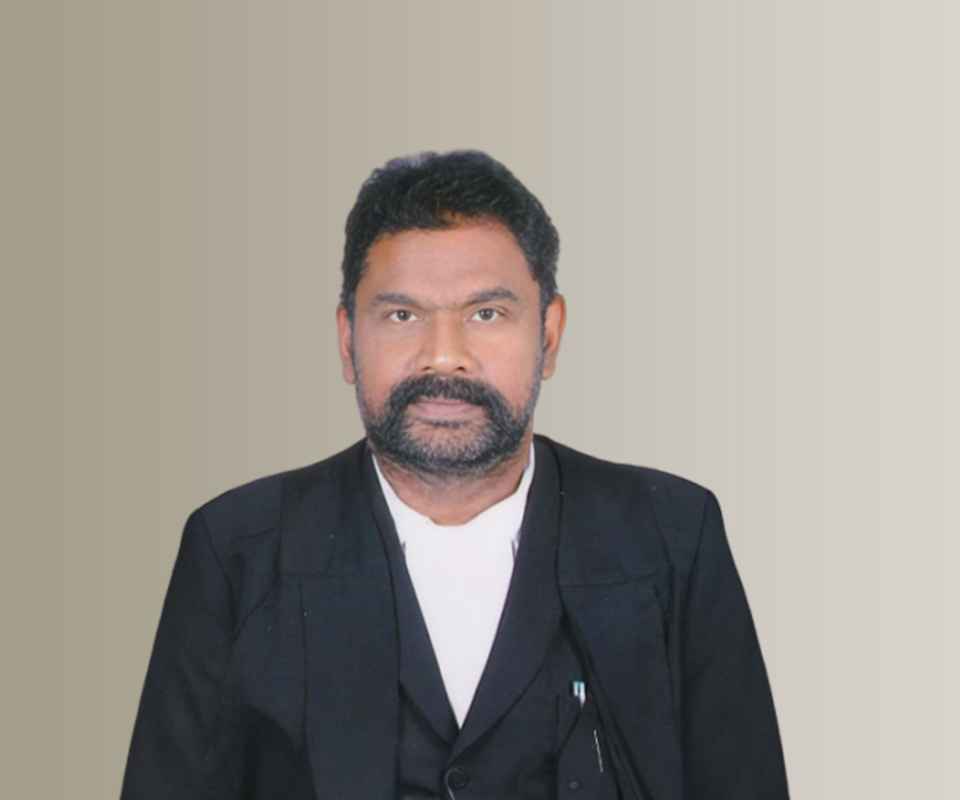Answer By law4u team
When a person dies without leaving a valid will, it is referred to as dying intestate. In India, dying intestate means that the decedent has not clearly specified who should inherit their property. In such cases, Indian law provides a structured process for the distribution of assets based on the principles of intestate succession. The property is distributed among the deceased’s legal heirs according to their relationship to the decedent and the applicable succession laws. The process ensures that the estate is settled fairly, though it may not always align with the deceased's wishes.
What Happens If A Person Dies Without A Will?
Intestate Succession Under Indian Law:
When a person dies intestate, the estate is distributed according to the provisions of the Indian Succession Act, 1925, or applicable personal laws, depending on the religion of the deceased. The distribution is based on the laws of inheritance that govern the decedent's community, such as:
- Hindu Law (for Hindus, Buddhists, Jains, and Sikhs): The Hindu Succession Act, 1956 governs the distribution of property for Hindus.
- Muslim Law (for Muslims): In the absence of a will, Sharia law determines the distribution of the estate.
- Christian Law: Under the Indian Succession Act, property is distributed according to the rules for Christians.
Determining Legal Heirs:
The legal heirs of a deceased person are those individuals who have a right to inherit the decedent’s property. In the absence of a will, the heirs vary based on the personal law of the deceased.
- Hindu Law: The deceased’s property is divided among the legal heirs. For self-acquired property, the heirs include:
- Class I heirs: Spouse, children, mother, etc.
- Class II heirs: Father, siblings, etc.
- Muslim Law: The estate is divided according to Sharia inheritance laws, which provide specific shares for various relatives such as spouses, children, parents, and siblings.
- Christian Law: The property is divided equally among the surviving spouse and children, and if no spouse or children are present, it passes to other family members, such as parents or siblings.
The property is typically divided equally among the Class I heirs, and if none exist, it goes to Class II heirs.
The Process of Distribution Without a Will:
- Appointment of an Administrator: In the absence of a will, the legal heirs must apply to the court for the appointment of an administrator. The administrator is responsible for managing the deceased's estate and ensuring that the assets are distributed as per the law.
- Issuance of a Succession Certificate: The administrator may need to apply for a succession certificate from the court to prove their right to inherit the estate and settle the decedent's debts. This certificate is often required to access financial assets like bank accounts or insurance policies.
- Identifying Heirs: The legal heirs, who are entitled to inherit the estate, are identified based on their relationship with the deceased. The court may require documents like the death certificate, birth certificates, or proof of marriage to verify the heirs.
- Settlement of Debts and Liabilities: Before distributing the assets, any outstanding debts and liabilities, such as loans, bills, and taxes, must be paid. The administrator is responsible for ensuring that all debts are settled in accordance with the law.
- Property Distribution: After debts are settled, the remaining property is divided among the heirs as per the applicable laws. If the property is immovable (like land or a house), it may require a change in title deeds or ownership records.
Challenges in Intestate Succession:
- Disputes Among Heirs: In cases where there is ambiguity regarding the distribution or multiple claimants, disputes can arise among the heirs. The court will intervene to resolve these disputes according to the law.
- Lack of Clear Instructions: Without a will, the deceased’s wishes regarding how their property should be distributed may not be honored, leading to dissatisfaction among family members or beneficiaries.
- Time-Consuming Legal Process: The process of intestate succession can be lengthy, as it may involve legal proceedings to identify heirs, settle debts, and ensure fair distribution of assets.
Special Provisions for Specific Communities:
- For Hindus, Buddhists, Jains, and Sikhs: The Hindu Succession Act, 1956 ensures that the property is distributed among legal heirs. If the deceased was a male, the property is typically divided among his wife, children, and mother. If the deceased was a female, her property is inherited by her children and husband.
- For Muslims: The estate is divided according to Sharia law, where each relative gets a fixed share. For example, a son may receive twice the share of a daughter, and the surviving spouse will also get a defined portion of the estate.
- For Christians: The Indian Succession Act provides for equal distribution of property among the surviving spouse and children. If there is no spouse or children, the property will go to other relatives like parents or siblings.
Role of Court in Intestate Succession:
The court plays an important role in overseeing the legal process when someone dies intestate. It ensures that the estate is administered according to the law and that the rightful heirs are identified and given their due share of the property.
In the case of complex estates or disputes among heirs, the court may intervene to resolve conflicts and ensure that the administration is carried out smoothly.
Example
Case 1:
Mr. Ramesh, a Hindu man, passes away without a will. According to the Hindu Succession Act, his property is divided equally among his wife and children. The wife gets a share of the property, and each of the children (sons and daughters) receives an equal portion. The legal heirs must apply to the court for a succession certificate to access Mr. Ramesh’s bank accounts and other assets.
Case 2:
Ms. Farida, a Muslim woman, dies without leaving a will. According to Sharia inheritance laws, her estate is divided into fixed shares among her heirs. Her husband and children (sons and daughters) each get specific portions as per the law. If there are disputes among the heirs, the court may step in to settle the matter.
Conclusion
Dying intestate (without a will) can lead to a complicated and lengthy process of distributing assets, as the property is divided according to intestate succession laws. In India, these laws differ based on the deceased’s religion and personal laws. While legal heirs are entitled to the estate, the absence of a will can cause disputes and confusion among family members, delaying the settlement. To avoid such complexities, it is advisable to create a valid will, which can specify the distribution of assets clearly and ensure that the deceased’s wishes are honored.







